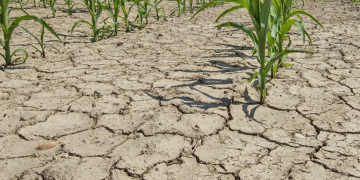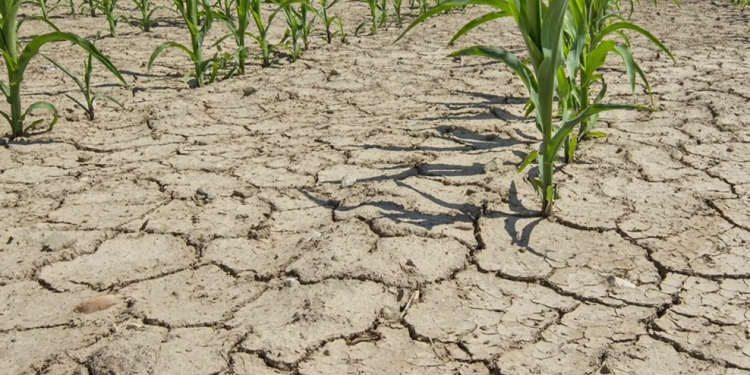#Agriculture #ClimateResilience #DroughtImpact #VegetableCultivation #AgriculturalInnovation #SustainableFarming #KaliningradRegion #CropManagement #FoodSecurity
The agricultural landscape in the Kaliningrad region faced a severe setback this year due to an early summer drought, resulting in a 23% loss of vegetable crops across cultivated lands. Minister Artem Ivanov, in an update during a government meeting on November 17, revealed that the self-sufficiency rate for vegetables in the region stands at 57%, a decline linked to the adverse conditions experienced in the early summer months.
According to Ivanov, the reduced self-sufficiency is directly tied to the demise of 289 hectares, equivalent to 23% of the total vegetable cultivation area in the region’s agricultural holdings. The repercussions of this challenge were so significant that a state of emergency was declared on June 10, only officially lifted on July 27. Governor Anton Alikhanov previously stated that the financial damage inflicted by these extreme weather conditions amounted to 322 million rubles.
Statistics and Impact:
- 23% loss in vegetable crops due to the early summer drought.
- 57% self-sufficiency rate in vegetable production.
- 322 million rubles in financial damage caused by extreme weather conditions.
Resilience Strategies:
- Adopting Drought-Resistant Varieties: Explore the latest in drought-resistant crop varieties to mitigate risks associated with water scarcity.
- Precision Agriculture Techniques: Implementing precision agriculture methods for optimal resource utilization in the face of unpredictable weather patterns.
- Climate-Responsive Farming Practices: Embracing farming practices that adapt to climate fluctuations, ensuring sustainable yields.
The challenges posed by the early summer drought underscore the need for a proactive and adaptive approach in agriculture. As the sector grapples with climatic uncertainties, embracing innovative technologies and sustainable practices becomes imperative for safeguarding crop yields and ensuring food security. The resilience of agriculture lies in the collective efforts of farmers, agronomists, agricultural engineers, and policymakers in navigating these challenges and building a sustainable future for the industry.































